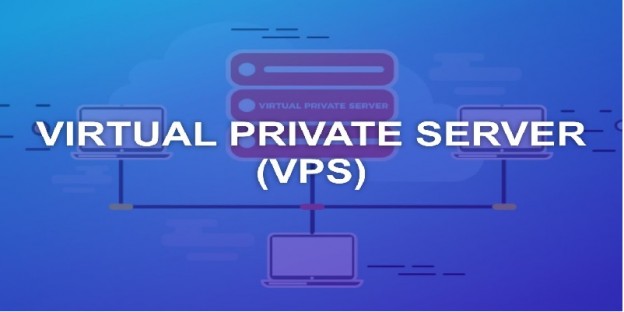Table of Content
In this digital business era, whether small, medium, or enormous, virtual private server (VPS) hosting has become increasingly popular. This is because having a dedicated server is an affordable alternative to the high costs associated with purchasing and maintaining a physical server. VPS hosting, however, could come with a unique set of issues. Well, here we’ll discuss some common virtual private server (VPS) hosting problems in this post, along with solutions.
What are the Common Issues with Virtual Private Server Hosting and How to Resolve Them?
Well, there are several common problems with VPS hosting. Some of them and their solutions are the following. So, let’s come to the points directly.
1. An Abundance of Resources:
The Problem/ Issue:
One of the main issues with VPS hosting is a shortage of resources. A VPS’s limited resources may cause sluggish website load times, server problems, and a subpar user experience. Furthermore, resources that may be impacted include CPU utilization, memory usage, and storage space. Consequently, it is crucial to regularly monitor resource usage and upgrade resources as necessary to prevent these issues.
The Solution:
By increasing your resources, improving your software and configuration settings, and keeping a close eye on resource usage, you can solve the problem of resource shortage. Besides, resource upgrades include increasing the allocations of CPU, memory, and storage space. Database optimization, using caching, and deactivating unused services are some examples of strategies to optimize software and configuration setting. Therefore, monitoring the usage of resources plays a vital role in identifying potential issues before they occur and cause downtime.
2. Security Vulnerabilities:
The Problem/ Issue:
Like any other server, VPS servers are vulnerable to attacks. Examples of widespread security problems include DDoS attacks, spyware, and brute-force attacks. Although, these assaults may cause website disruptions, data leakage, and other problems. To reduce security concerns, it’s essential to install firewalls, use strong passwords, and regularly update software.
The Solution:
To fix security vulnerabilities, it’s essential to install firewalls, use strong passwords, and regularly update software. Additionally, strong passwords can help avoid brute-force assaults, and firewalls can help prevent unauthorized server access. Software updates regularly can aid in ensuring that security holes are fixed as soon as possible.
3. Compatibility of Computer Software:
The Issue/ Problem:
Concerns about program compatibility can arise with VPS hosting. Software that is incompatible with the operating system of the VPS or other software can cause this. Moreover, due to the need for troubleshooting and possibly even the identification of alternative software solutions, this could be challenging to handle. However, these problems must be resolved as soon as practical to prevent performance issues and downtime.
The Solution:
You must first identify the issue’s root cause to solve software compatibility problems. Aside, checking for software compatibility issues, identifying incompatible settings or setups, and speaking with technical support teams are all included in this. Furthermore, once you’ve identified the root cause, you can test various software fixes or workarounds to fix the problem.
4. Difficulties with Performance:
The Problem/ Issue:
Performance issues with VPS hosting may affect how quickly websites load, how users interact with them, and other aspects. Besides, poor website performance, high server load, and slow server response times are all common performance issues. Therefore, to enhance virtual private server hosting performance, it is essential to decrease resource consumption, lower server load, and use caching.
The Solution:
To enhance VPS performance, it is essential to decrease resource consumption, lower server load, and use caching. Examples of resource optimization include tracking resource usage and enhancing software and configuration settings. Although, server load can be decreased in two ways: by reducing the number of requests made to the server or by offloading particular tasks to other servers. By storing frequently visited material in a cache for speedier retrieval, caching can assist enhance website performance.
5. Difficulties with Network:
The Problem/ Issue:
Problems with the network could potentially affect VPS hosting. Due to connectivity problems, users may not be able to access the website or server, and latency problems may cause delayed website loading times. To troubleshoot network issues, check for connectivity issues, identify and resolve latency problems, and, when necessary, interact with network administrators.
The Solution:
When analyzing and resolving connectivity and latency issues, a network problem must be identified. To solve connectivity problems, check firewalls and network configurations. Besides, by locating network bottlenecks and altering network settings, latency problems can be fixed. Network problems can be found and fixed with the assistance of network administrators.
Wrap Up!
VPS hosting could be the best option for companies looking for a less expensive alternative to a dedicated server. Understanding typical issues of virtual private server hosting and how to resolve them, however, is crucial. Do not be hesitant to seek technical assistance if you are experiencing VPS hosting issues that you are unable to resolve on your own.






 Live Chat
Live Chat